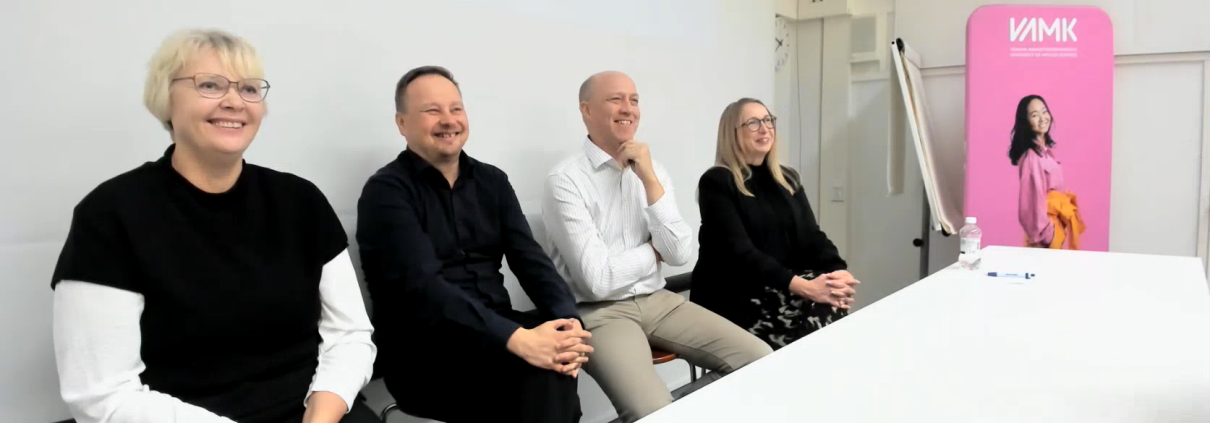Blog: In Vaasa this week, the acceptability of hydrogen projects was discussed in our seminar and training
Small municipalities in Ostrobothnia have become the driving force behind hydrogen development in Finland. According to representatives of four business development companies, this can be explained by investing in the early stages of project development and learning from shared experiences.
The discussion between business development companies held in Vaasa on 7 October was followed by a three-day training course, during which the prerequisites for successful stakeholder engagement were examined in more detail. The training was commissioned by the Service Centre for Continuous Learning and Employment SECLE (Jatkuvan oppimisen ja työllisyyden palvelukeskuksen JOTPA) and provided by Akordi, a social enterprise specializing in the anticipation and resolution of land use disputes. On the part of Vaasa University of Applied Sciences, the Competence for Energy Transition project supported the practical arrangements for the course.
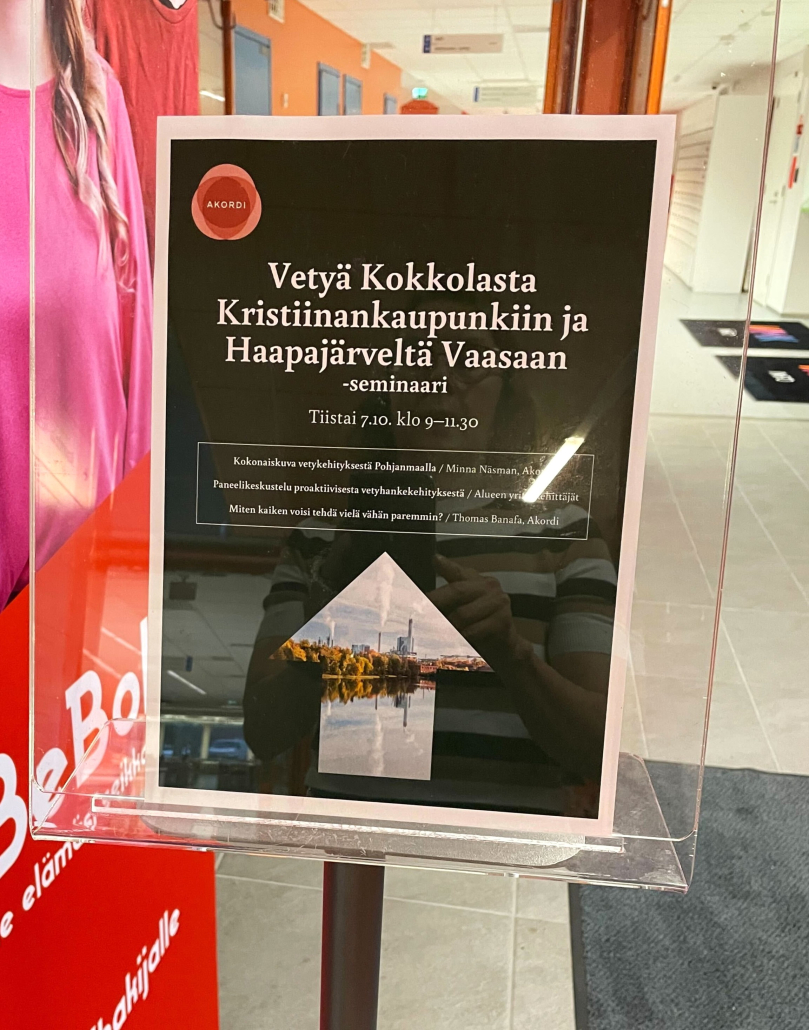
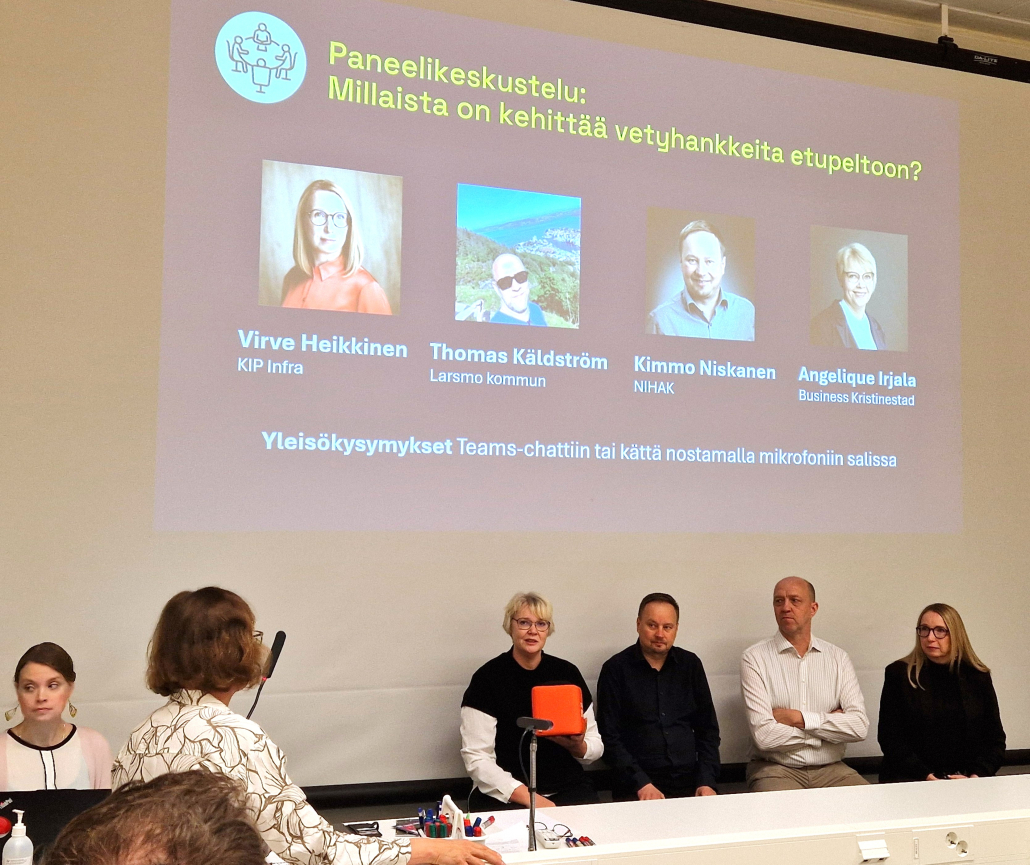
Go slow to go fast
In the panel discussion, Kimmo Niskanen from NIHAK gave a practical example of stakeholder engagement in a biogas plant and a related carbon dioxide capture project. The matter was prepared based on the interests of the key parties, with the result that more than 150 local farmers were connected to the biogas production chain. Once the local community felt that the project was their own, decision-making in the zoning and permitting processes was quick – no one felt the need to appeal.
However, achieving this result required special efforts at the very beginning of the project. These included visits to biogas plants that use modern purification technology. By smelling the effects of a Danish biogas plant from the terrace of a restaurant on the neighboring property, it was clear that there would be no need to worry about unpleasant odors.
Angelique Irjala from Business Kristinestad heard other panelists express envy at the amount of forest owned by the city. For example, a joint project between Luoto and Pietarsaari is considering how to increase the amount of land available for the port. The Alholmen Industrial Park (AIP) area is planning to produce electric fuels. Thomas Käldström from the municipality of Luoto spoke about this on the panel.
To the north of AIP is the slightly larger Kokkola Industrial Park (KIP). Virve Heikkinen from KIP Infra said that they also must choose carefully between newcomers because space is limited. The port of Kokkola is planned to be expanded by 2050.
Irjala spoke about the work being done to ensure that the land owned by Kristiinankaupunki is used strategically and that the partly conflicting and partly overlapping interests of different stakeholders are considered. To highlight these interests, the city is organizing low-threshold zoning cafés in the areas affected by planned industrial projects.
At the end of the panel discussion, Thomas Banafa presented the skills and tools found in Akordi’s Green Transition Playbook for making project development more forward-looking than before.
A recording of the seminar can be viewed here (in Finnish).
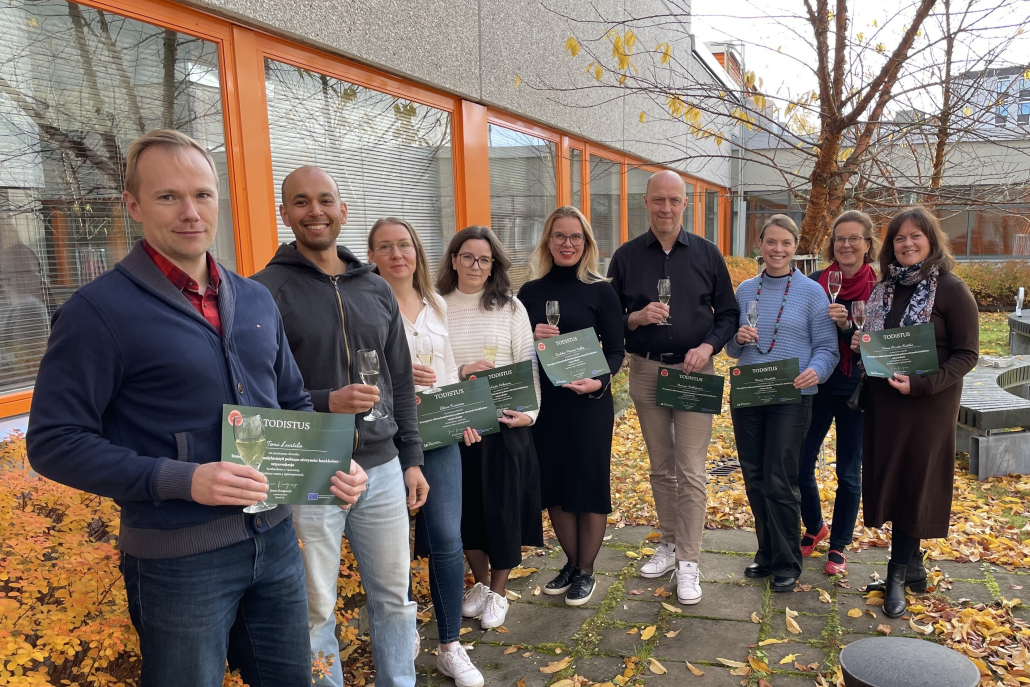
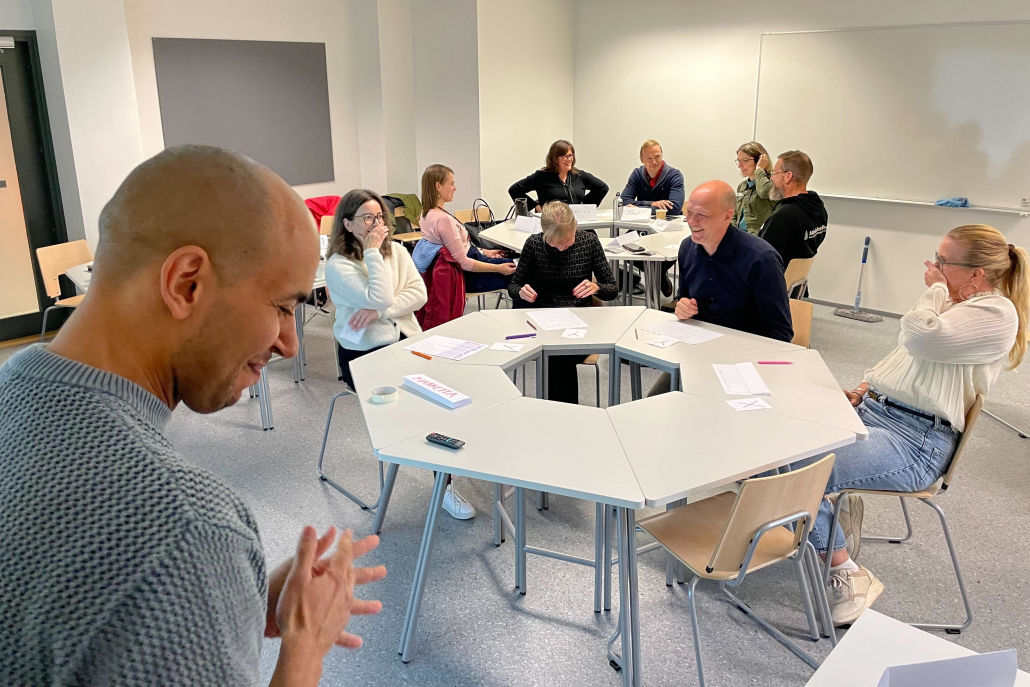
From zero-sum game to win-win
At the heart of Akordi’s training program was identifying the interests of stakeholders behind their demands. Participants shared practical situations with each other in which these were often mixed up. Through negotiation exercises, they identified their typical ways of acting in stressful situations. Throwing themselves into interactive negotiation exercises was followed by some bitter backstabbing and some bursts of laughter.
Towards the end of the course, the negotiators calmed down. Talking about their own interests and responding to the interests of others ultimately proved easier than hiding and calculating their own interests based on guesswork.
The course ended with a real-life exercise. Discussing the exercises increased both the trainers’ understanding of the context of water transfer and the participants’ ability to apply their skills in their practical work. In the final circle, the mutual sparring between participants who viewed the same issue from many different perspectives was found to be particularly useful.
Thank you to all participants!
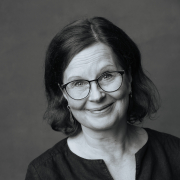
Author:
Minna Näsman, Mediator, Akordi Oy
minna@akordi.fi | +358 40 687 3125
The text was originally published on the website of the Competence for Energy Transition project (in Finnish).

